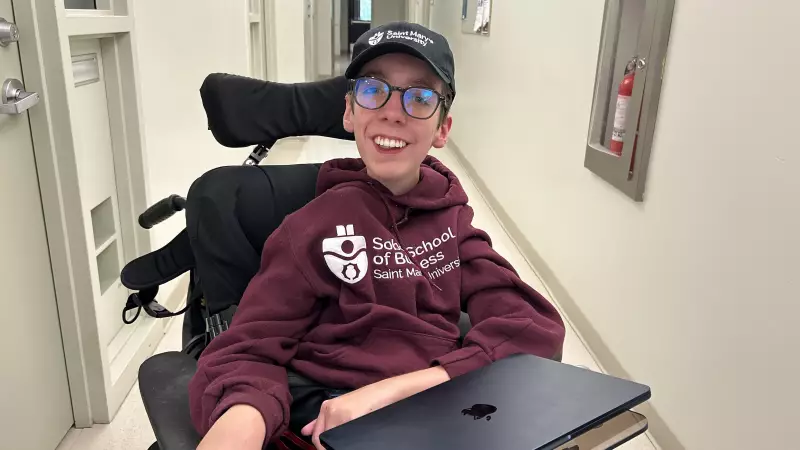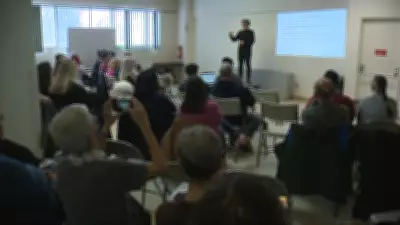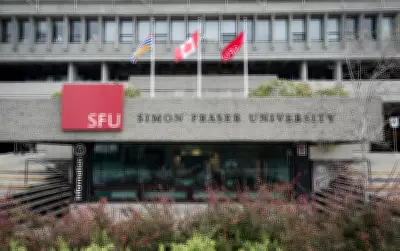
In an inspiring display of student leadership, a first-year undergraduate at Saint Mary's University in Halifax is spearheading a transformative movement to make sports more inclusive across Nova Scotia's academic institutions.
The initiative, born from personal experience and observation, addresses the significant barriers that prevent many students from participating in university athletics. This groundbreaking effort represents one of the most comprehensive inclusion campaigns in recent Canadian university history, challenging traditional sports structures and advocating for adaptive programming.
The Vision for Change
What began as a classroom observation has evolved into a campus-wide movement. The student recognized that numerous peers faced exclusion from sports due to various physical abilities, financial constraints, or lack of previous athletic experience.
"Sports should be about community and participation, not just competition and elite performance," the student advocate explained during a recent campus interview. Their philosophy centers on creating multiple entry points to athletic engagement, ensuring every student can find their place in university sports culture.
Building Institutional Support
The campaign has gained remarkable traction among university administrators and athletic department leadership. Through persistent advocacy and well-researched proposals, the student has secured meetings with key decision-makers across multiple Nova Scotia universities.
The proposed changes include:
- Development of adaptive sports programs for students with disabilities
- Creation of non-competitive recreational leagues
- Implementation of financial assistance for equipment and fees
- Establishment of peer mentorship programs for novice athletes
- Integration of inclusive sports education into orientation activities
Regional Impact and Future Goals
While starting at Saint Mary's University, the initiative has already sparked conversations at neighboring institutions including Dalhousie University, University of King's College, and Mount Saint Vincent University. This inter-university collaboration marks a significant step toward province-wide sports reform.
The long-term vision extends beyond campus boundaries, with plans to influence regional sports policies and create a model that could be adopted by universities across Canada. The movement represents a growing recognition that athletic departments must evolve to serve increasingly diverse student populations.
As the academic year progresses, this freshman's advocacy continues to gain momentum, proving that meaningful change often begins with a single voice willing to challenge the status quo and champion inclusion at every level of university life.





